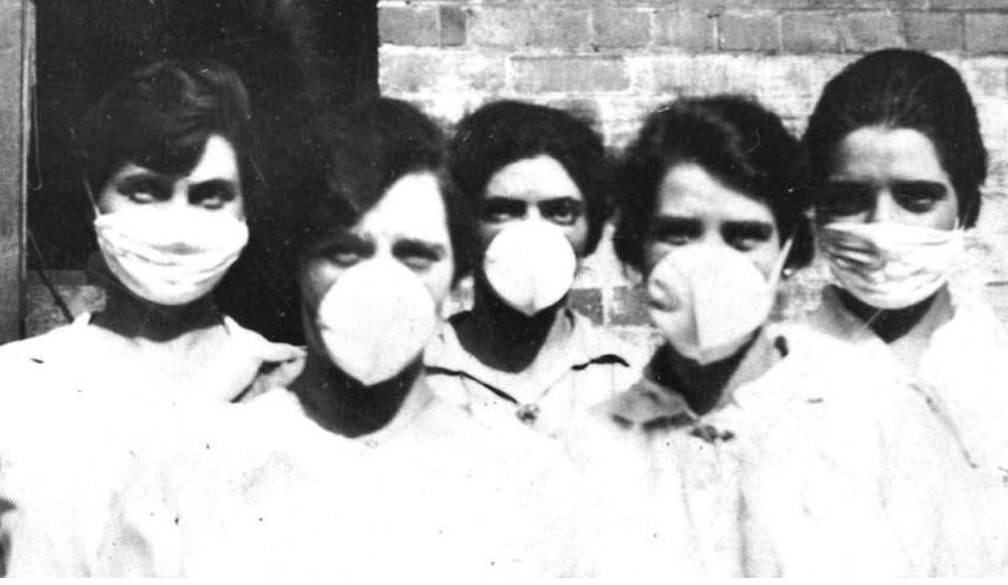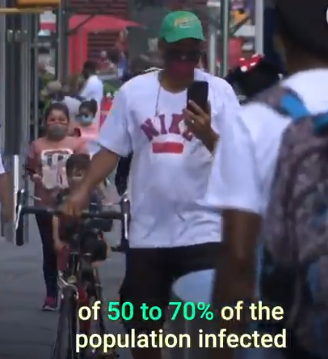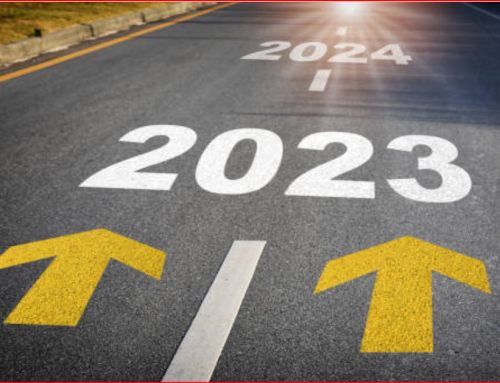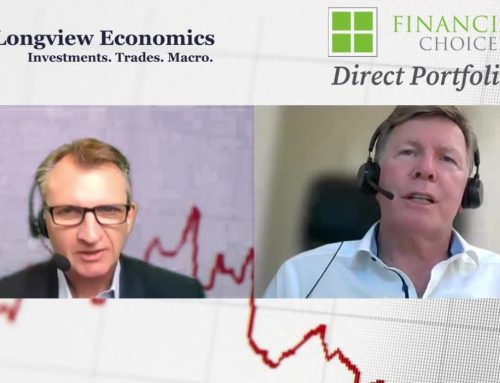25 September 2020
The combination of a vaccine and herd mentality will see us through this pandemic.
It’s fair to say that the 1 million deaths, as shocking as it sounds, is probably an underestimate.
Tens of thousands of probable Covid-19 deaths in the U.S. weren’t captured by official statistics between March and May, a study in July found. This has made it difficult to get a handle on the true numbers.
India has confirmed more than 5.4 million Covid-19 cases, but accounts for only 90,020 of the 967,164 deaths reported globally to the World Health Organization as of Wednesday this week. The country, which has the highest number of infections after the U.S., lacks a reliable national vital statistics registration system to track deaths in real time.
When will it end?
Just over 100 years ago, a new strain of influenza infected a third of the world’s population — but within just three years, the threat of this deadly flu had all but passed.

With physical distancing and masks, we are able to reduce the spread like in 1918 and not allow the virus to transmit as much so we can manage the treatment and care of those infected but the real message is the trade off between letting people get infected versus the economic cost of closing down the economy. Australia released the economic impact of the Covid-19 shutdown. Our economy shrank by over 7% in the June quarter and has cost billions of dollars in assistance and loss of revenue.

But the big thing that stops a virus becoming a pandemic is immunity. Herd immunity needs between 50 to 70% of the population to be infected. This can be achieved through natural infection or vaccination. The world is waiting for the vaccine but some countries like Sweden have gone the other way of allowing their population to get infected and then develop the immunity. But achieving herd immunity in the absence of a vaccine came at enormous cost, tens of millions of people died worldwide.
The real issue is to focus on is the elderly.
Covid-19 patients aged 75 to 84 are 220 times more likely to die from the disease than 18-to-29-year-olds, according to the centre for disease transmission (CDC). Seniors over 85 years have a 630 times higher risk of dying.
When will the restrictions end?
In order to progress to the next stage of Victoria’s roadmap out of restrictions, metropolitan Melbourne needs to record a 14-day average of between 30 and 50 cases per day by September 28.
Currently, the 14-day average for the metro region is 25.1.
Restrictions in regional Victoria will be eased when it records a 14-day daily case average below five and zero cases with an unknown source for 14 days. The current 14 day average for regional Victoria is 0.8.
This chart shoes how the management of the vaccine can get out of control.

What will be the real benefit of living through this Pandemic.
What we should eventually see is that once we get vaccines out, the number of cases will go down. On top of that, therapies will improve and the mortality rate will go down.
“It’ll end with a fizzle instead of a bang.”
And even with the best therapies and vaccines in the world, this virus is almost certainly going to be with us forever, even after the pandemic phase has passed.
“To eliminate a virus from the human population is incredibly difficult. We’ve only ever done it with one human pathogen, and that’s smallpox,” virologist Kirsty Short from the University of Queensland says.
While the pandemic has been hugely disruptive, Dr Short says it’s also been a reminder that, despite our technological and medical advancements, we’re still vulnerable to disease and need to be on our guard.
“If I could go back in time and just cancel the pandemic, I’m not sure I would,” she says.
“I would cancel the deaths. But I think this was really important for the world to go through, because I think it’s taught us a really valuable lesson that we are not invincible.
“If we can remember what we’ve learnt during this process, as a species, we’re going to be better prepared for the future.” Dr Short reported to the ABC news recently.
General Advice warning: The content of this newsletter is for the clients of Best Interest Advice and it’s other related services. The content is general advice only and has not considered your personal situation or objectives and cannot be relied upon. Please consult a financial adviser to provide you with personal advice. We cannot guarantee the accuracy of this information as it is sourced from third parties and general media. All attempts to verify its contents have been made and we only rely on reputable sources.





